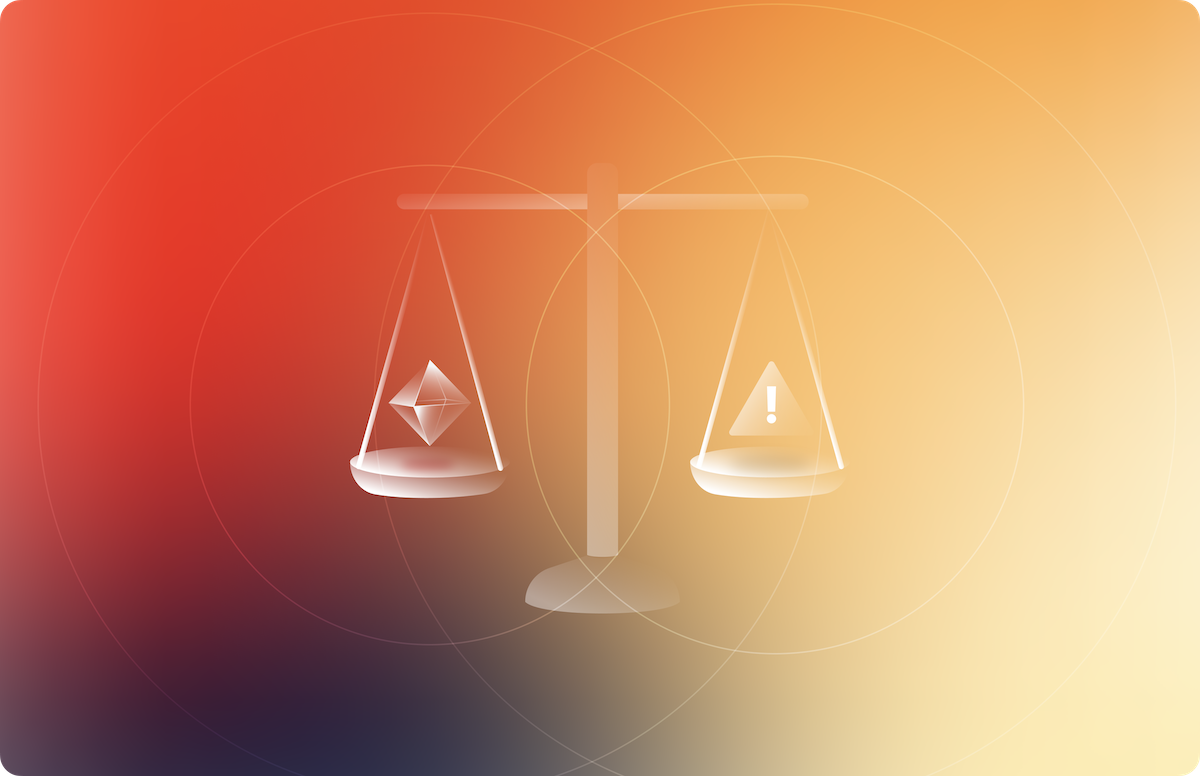German Elections: A Crucial Vote – Will The Tide Turn?

Table of Contents
The Key Players: A Look at the Leading Parties
The German Elections typically involve a multi-party system, leading to complex coalition governments. Understanding the key players and their platforms is essential to grasping the potential outcomes.
CDU/CSU (Christian Democratic Union/Christian Social Union)
The CDU/CSU, traditionally the dominant force in German politics, represents a center-right, conservative stance. Led by (insert current leader's name if applicable), their platform generally emphasizes fiscal responsibility, strong European integration, and a pragmatic approach to social issues.
- Economic Policy: Focus on controlled spending, tax cuts for businesses, and fostering economic growth.
- Immigration Policy: Favors stricter immigration controls while emphasizing integration efforts for those already in Germany.
- EU Relations: Strong supporters of the European Union and its further integration.
Key figures like (mention prominent CDU/CSU politicians) significantly influence the party's direction and appeal to voters. Their electoral performance will be crucial in determining the post-election landscape. Keywords: CDU, CSU, (Leader's Name), conservative party, German politics, German election results
SPD (Social Democratic Party)
The SPD, a center-left party, traditionally focuses on social justice, welfare state improvements, and a more interventionist economic approach. Currently led by (insert current leader's name), the SPD champions workers' rights and aims for a more equitable distribution of wealth.
- Social Welfare: Emphasis on strengthening social security, expanding access to healthcare, and improving education.
- Climate Change: Strong commitment to climate action, including ambitious targets for renewable energy and emissions reduction.
- Economic Policy: Advocates for investments in infrastructure, education, and green technologies to stimulate economic growth.
Keywords: SPD, (Leader's Name), social democrats, left-wing, German politics, social welfare, German election results
Greens (Bündnis 90/Die Grünen)
The Green Party has emerged as a major force in recent years, propelled by growing concerns about climate change and environmental protection. Their platform emphasizes sustainability, renewable energy, and social justice.
- Climate Action: Advocating for ambitious climate targets, phasing out fossil fuels, and massive investment in renewable energy sources.
- Social Justice: Focus on issues like gender equality, LGBTQ+ rights, and combating discrimination.
- Foreign Policy: Emphasis on multilateralism and international cooperation.
Key figures like (mention prominent Green Party politicians) have significantly shaped the party's image and policy proposals. Keywords: Grüne, Green Party, (Leader's Name), environmental policy, climate change, German politics, German election results
FDP (Free Democratic Party)
The FDP, a liberal party, champions free markets, economic liberalism, and individual liberty. Their focus is typically on deregulation, tax reform, and fiscal responsibility.
- Economic Liberalism: Advocates for lower taxes, reduced bureaucracy, and a free market approach to the economy.
- Digitalization: Focus on promoting digital infrastructure and innovation.
- Foreign Policy: Generally supports strong European integration and transatlantic relations.
Keywords: FDP, (Leader's Name), liberal party, economic policy, German politics, German election results
AfD (Alternative for Germany)
The AfD is a right-wing populist party that has gained traction in recent years. Their platform often focuses on anti-immigration policies, Euroscepticism, and nationalistic sentiments. Their views on various issues are often controversial and spark public debate.
- Immigration: Advocates for stricter border controls and a reduction in immigration.
- EU Membership: Expresses skepticism towards further European integration.
- Nationalism: Emphasizes national identity and traditional values.
Keywords: AfD, right-wing, populist party, German politics, German election results
The Crucial Issues Shaping the German Elections
Several key issues will shape the narrative and outcomes of the German Elections.
The Economy
The German economy's performance, particularly its post-pandemic recovery, will be a major factor. Key challenges include:
- Managing inflation and ensuring price stability.
- Driving innovation and digital transformation.
- Investing in infrastructure and green technologies.
Each party offers distinct approaches to address these economic challenges. Keywords: German economy, economic policy, inflation, unemployment, growth, German election results
Climate Change
Climate change is a paramount issue, with voters increasingly demanding action. The parties differ significantly in their approaches:
- Ambition of emissions reduction targets.
- Investment in renewable energy infrastructure.
- Policies to support a green transition.
Keywords: climate change, environmental policy, renewable energy, sustainability, German climate policy, German election results
Immigration and Integration
Immigration and integration remain contentious topics. Parties diverge on:
- The number of refugees Germany should accept.
- Integration policies to support newcomers.
- The balance between national interests and humanitarian concerns.
Keywords: immigration, refugees, integration, migration policy, German immigration policy, German election results
EU Relations
Germany's role within the European Union is another crucial aspect of the German Elections. Parties' stances on:
- Further EU integration.
- The future of the eurozone.
- Germany's relationship with other EU members.
will influence their electoral appeal. Keywords: European Union, EU policy, German EU policy, transatlantic relations, German election results
Predicting the Outcome: Potential Coalition Scenarios
Given the multi-party system, coalition governments are highly likely. Several scenarios are plausible, each with unique challenges and opportunities:
- A continuation of the current coalition (if applicable).
- A coalition between the CDU/CSU and the FDP.
- A coalition led by the SPD involving the Greens and potentially the FDP.
- Other less likely combinations depending on election results.
Analyzing potential coalitions requires understanding the parties' policy overlaps and potential compromises. Keywords: coalition government, German coalition, election predictions, political alliances, German election results
German Elections: A Pivotal Moment for Germany
The German Elections represent a pivotal moment for Germany, impacting its domestic policies and its role on the European and global stage. The outcome will shape the country's economic trajectory, its approach to climate change, and its relationship with its neighbors and international partners. The choices made in these elections will resonate far beyond Germany's borders. Stay informed about the upcoming German Elections and make your voice heard! Learn more about the key issues in the German Elections and make an informed decision.

Featured Posts
-
 De Prijs Van Informatie Bayern En De Nederlander
May 14, 2025
De Prijs Van Informatie Bayern En De Nederlander
May 14, 2025 -
 Intentionally Walking Aaron Judge Weighing The Risks And Rewards
May 14, 2025
Intentionally Walking Aaron Judge Weighing The Risks And Rewards
May 14, 2025 -
 Ro Er Federer Se Vra A Iz Ava O Nedostatku Publike I Atmosferi
May 14, 2025
Ro Er Federer Se Vra A Iz Ava O Nedostatku Publike I Atmosferi
May 14, 2025 -
 Icelandic Petition Seeks Israels Exclusion From Eurovision Due To Gaza Conflict
May 14, 2025
Icelandic Petition Seeks Israels Exclusion From Eurovision Due To Gaza Conflict
May 14, 2025 -
 Box Office Bomb Noltes Analysis Of Disneys Snow White Flop
May 14, 2025
Box Office Bomb Noltes Analysis Of Disneys Snow White Flop
May 14, 2025
